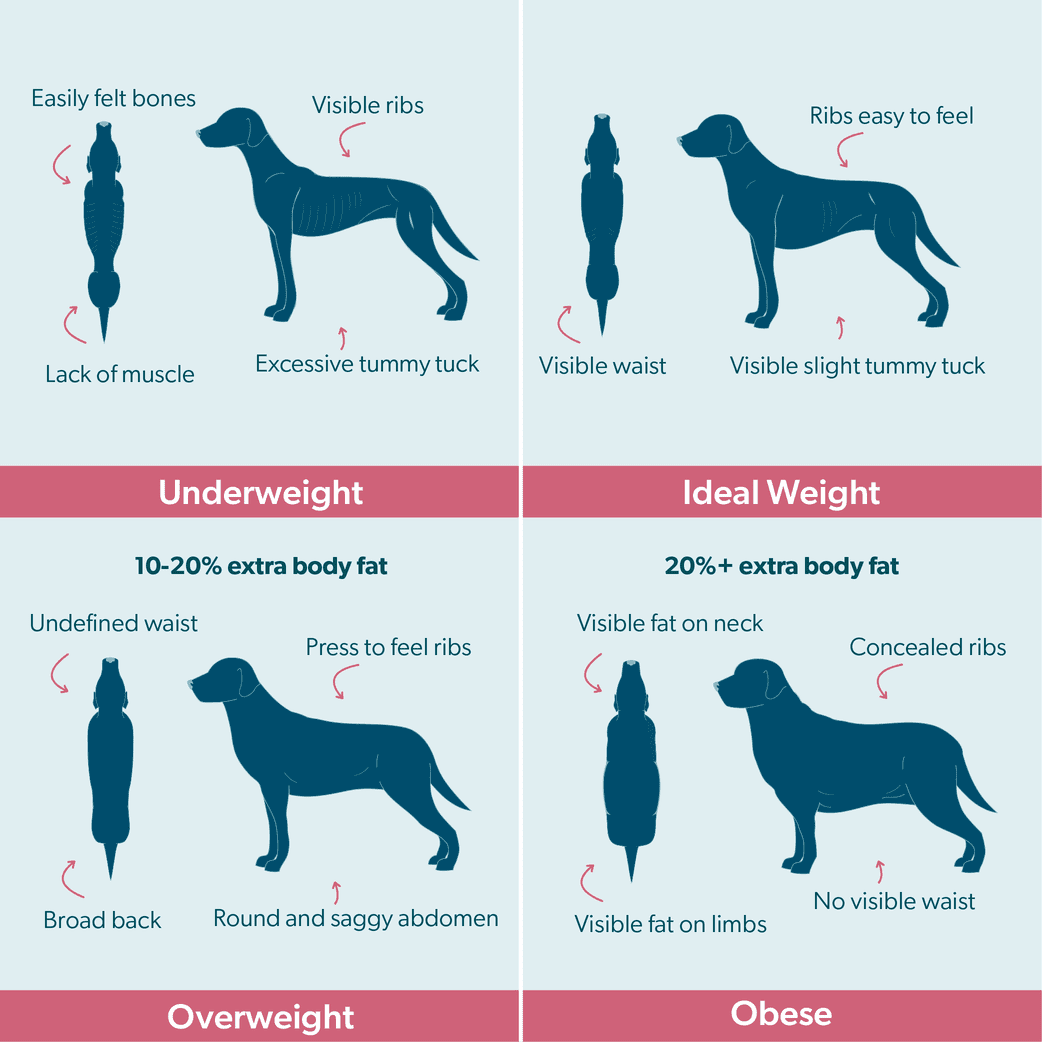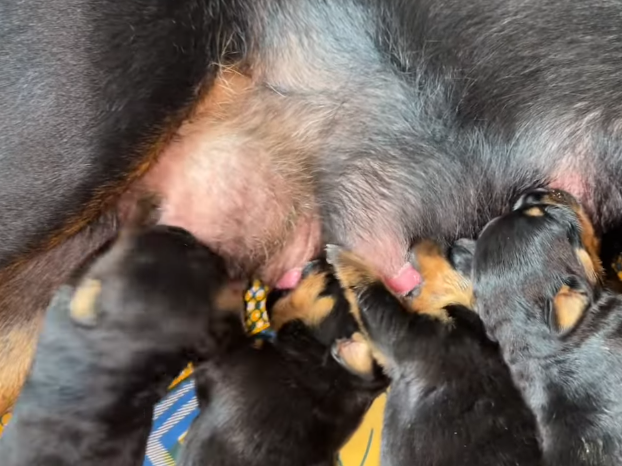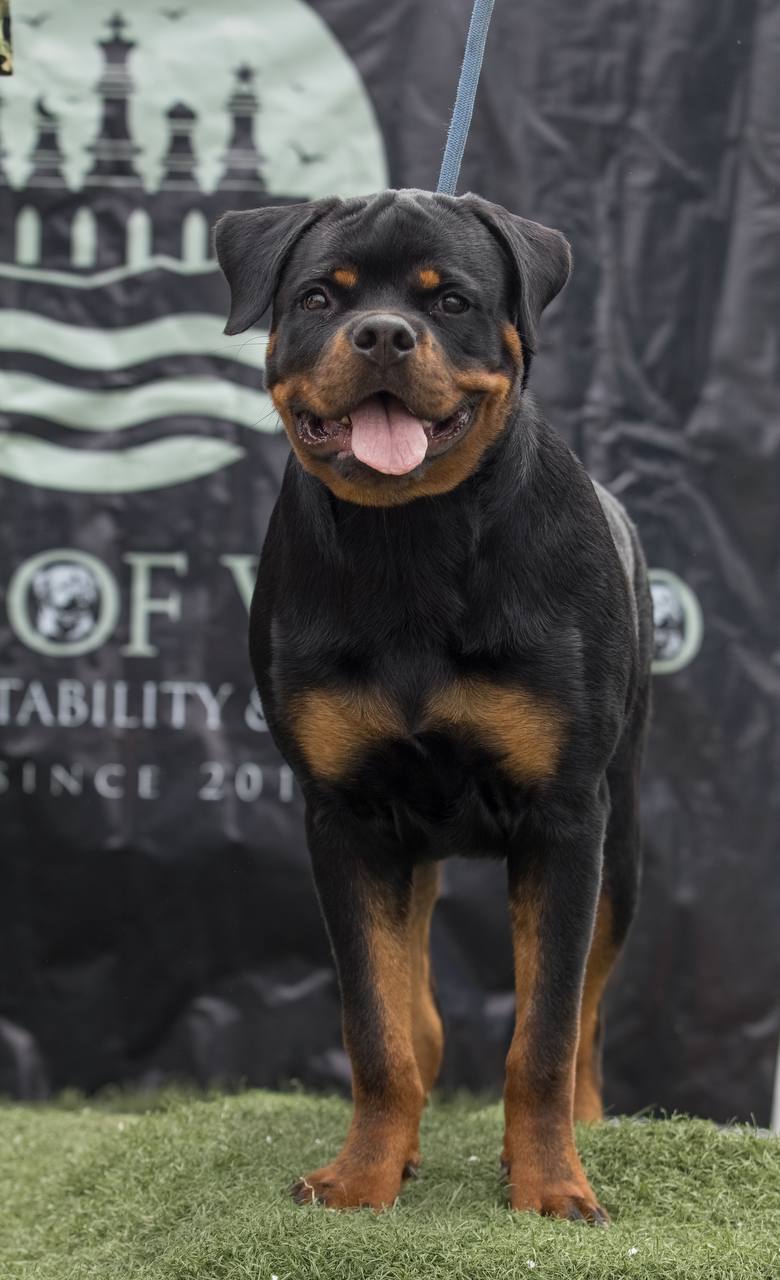Presented by: Engr. Adegunle E. Anuoluwapo
(Ma Mere Kennels)
Breeding dogs has been a passion for people for many centuries. Part art, part science, and total devotion, breeding will show you all the best in the human-and-dog bond. It is exciting and challenging.
Breeding purebred dogs are also time-consuming, expensive, and, occasionally, heartbreaking. If you go forward, your underlying purpose should be to improve the breed — not just increase its numbers or to produce litters continuously just to make money like it’s fondly done here.
Breeding should begin with knowledge. Responsible ethical breeders devote time to learning as much as they can about their breed, canine health, training, and about rules/ethics.
How can you become an expert/Achieve this? What are the things to put in place?
Find the right breed
Choosing the right dog requires research. A good place to start is to study every breed. You can predict a puppy’s full-grown appearance, whether it will need special grooming, its energy level, and exercise needs. Because characteristics vary greatly from breed to breed, it’s important to choose a breed suited to your own personality, lifestyle, and environment.
Local veterinarians, groomers, and experienced breeders can also be good resources. They may be familiar with many different breeds and may answer questions you have regarding the suitability of a particular breed to your lifestyle and environment. Veterinarians should also be able to answer questions relating to the health concerns of a particular breed you are considering.
Study your breed standards
This is the official version of the “perfect” breed specimen and should be the starting place for any breeder. The different breed clubs make the breed standard available and also offer breed videos with real-life examples, and many parent clubs offer more detailed, illustrated versions of their standards for more in-depth research.
Breed to improve
The motto of the responsible breeder of purebred dogs is “Breed to Improve.” Every dog is the best dog in the world to its owner. Responsible breeders, however, know to avoid “kennel blindness” — in other words, they take a step back and honestly evaluate the good and bad points of their dogs before making the decision to breed. The goal of breeding, after all, is to produce a better dog and a quality pet. Examine your dog carefully. Recognize its flaws. If you decide to continue with the breeding process, look for a mate that will eliminate or balance those flaws.
One of the best ways to get an objective opinion of your dog is to test it against others. Consider attending a dog show to determine how your dog measures up against the best specimens of its breed.
Know your genetics
To be an effective breeder, you should have a basic understanding of the science of genetics. Everything about your prospective puppies’ health, soundness, looks, and temperament will be determined by the genes passed on by their parents, and by their parents before them. Therefore, the selection of a mating pair should not be made solely on the basis of the dog’s or bitch’s looks (or temperament or soundness, etc.), but should be based on an understanding of how the animal’s genes contributed to its looks and of how those genes are passed on and expressed. That is why it is essential to study the pedigrees of your mating pair. The more knowledge you have as you make your selection, the more likely you are to produce a litter with the qualities you desire. You should also be well-versed in the genetic problems that affect your breed. Genetic defects can occur in any breed and can affect any system in the body. Some genetic diseases may occur in many breeds; others occur in only one or a few breeds. The following is a brief explanation of how genetic defects may be inherited and expressed.
Diseases that follow a dominant pattern of inheritance need only one abnormal gene. That is, if only one parent is affected, the condition will show up in each successive generation. Some individuals may be only mildly affected by the condition, making it difficult to detect. In such cases, the condition can mistakenly be thought to skip generations.
Diseases that follow a recessive pattern of inheritance occur in homozygous individuals, meaning dogs with two abnormal genes. Dogs with one mutant and one normal gene are heterozygous, and they are carriers of the condition. They appear normal but can pass the abnormal gene to their offspring. Recessive mutant genes can be passed through many generations before emerging in the offspring of two dogs that carry the same genetic mutation.
Polygenic disorders result from the cumulative action of a number of different genes. The exact number of genes involved and their individual functions are difficult to determine, and the pattern of inheritance tends to vary from family to family. Polygenic inheritance can sometimes mimic either dominant or recessive inheritance, and this feature may lead to erroneous conclusions regarding the type of underlying genetic abnormality.
Chromosomal anomalies — defects in chromosome number and structure — can also cause genetic diseases. Dogs normally have 39 pairs of chromosomes on which genes are located. Major abnormalities in chromosome number and structure can produce serious defects.
Find the right breeder/ mentor
Start your search for a responsible breeder, study them, visit and ask even questions that may sound stupid. It’s important to ask questions before you choose a dog. What kind of temperament is the dog likely to have? Temperament is a primary concern. Most breeds were developed with specific functions in mind, such as hunting at the side of their master or guarding sheep. What size will your dog be when it is full grown? Size is especially a concern if you live in an apartment or a planned community. How much exercise will your dog require?
Some dogs are very athletic by nature and require a good deal of exercise and plenty of room to run; some breeds are content with frequent walks.
How much coat care will your dog need? While all dogs need care, some breeds require frequent grooming to continue to look their best. Long-coated dogs are beautiful, but keeping their coats in good condition requires more attention or regular visits to a groomer. So make sure you know how much coat care your dog will need before you buy.
Will you have time for training your dog? Basic obedience training is essential for all dogs. While some breeds are better suited for more specific types of training, a well-mannered dog makes the best companion.
What health issues exist in the breed? What types of health screens have been developed to test for these problems? Like people, all animals need occasional healthcare. These are important considerations that must be resolved before choosing a breed.
Once you have identified the breed that best suits you and your lifestyle, review your choice. Make sure you have a clear sense of the responsibilities involved in owning a dog. Becoming a pet owner is a long-term commitment. Be certain your chosen breed will suit your environment and way of life for many years to come.
Equip yourself with the know-how
- Understand the commitment
- Choose a suitable mate
- Finalize stud contract
- Perform pre-breeding health checks
- Pregnancy and whelping preparation
- Provide proper nutrition for your pregnant bitch
- Accustom your bitch to the whelping box
- Be alert for signs of labor (bitch’s body temperature will drop to 99 degrees or lower (from a normal temperature of 100 to 102.5).
- Register your litter with the breed club after whelping
- Sending your pups to their new homes
- Encourage new owners to register their puppy
To Your Breeding Success,
Engr. Anu
Ma Mere Kennels
Nigeria
+2348020880992






